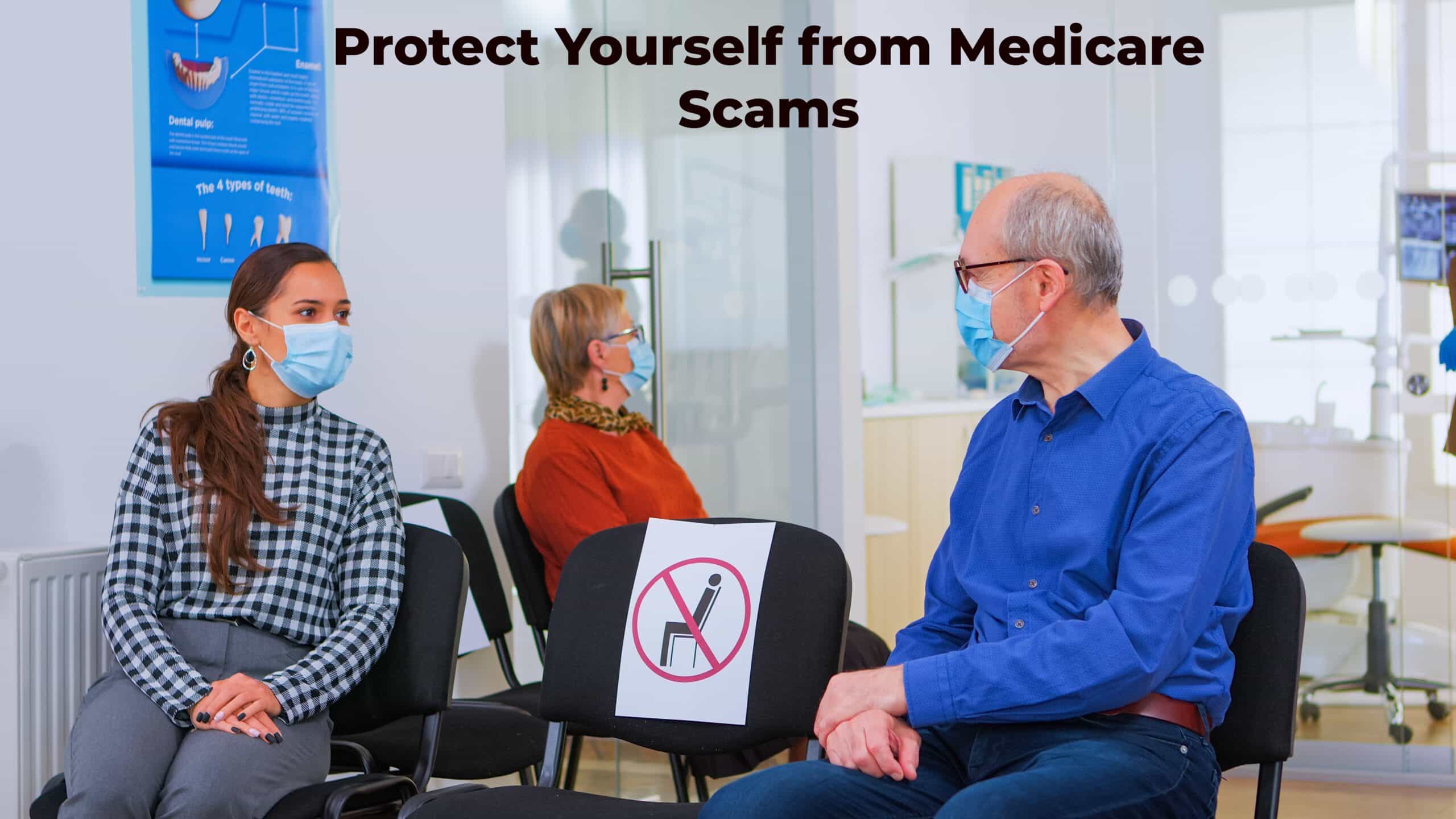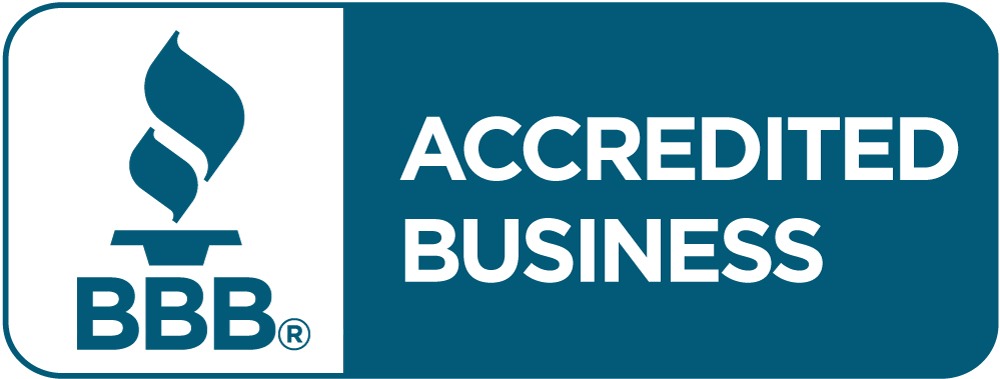
Protect Yourself from Medicare Scams
As we navigate the complexities of healthcare, Medicare serves as a vital resource for millions of seniors in the United States. This essential program offers healthcare coverage and peace of mind to individuals over 65 and some younger people with disabilities. Unfortunately, Medicare’s widespread use and the personal information it handles make it a prime target for scammers. Criminals often target seniors who may be less familiar with the warning signs of fraud. Understanding common Medicare scams and learning how to protect yourself is essential for financial security and peace of mind. In this blog, we will explore various Medicare scams and share practical tips on how to stay safe.
Common Medicare Scams
Medicare scams come in various forms, from phone calls and emails to in-person visits. Below are some of the most common types of Medicare scams:
Phishing Scams
Fraudsters often pose as Medicare representatives to steal personal information. They might contact you by phone or email, asking for your Medicare number or Social Security details, claiming it’s needed to maintain your benefits or send a new Medicare card. It’s important to remember that Medicare will never request sensitive information in this manner. If you receive such a call or email, it’s a scam.
Free Medical Equipment Offers
Beware of unsolicited offers for free medical equipment like wheelchairs or diabetes supplies. Scammers may ask for your Medicare number to bill Medicare for items you didn’t request or receive. Not only is this a scam, but it could also result in fraudulent charges being filed against your Medicare account.
Fake Medicare Plans
Some scammers promote fake Medicare Advantage or prescription drug plans, often promising exaggerated benefits. Always verify any plan through official Medicare channels before signing up. Scammers may lure people in by offering extra perks that don’t exist.
Door-to-Door Sales
If someone knocks on your door claiming to be from Medicare, be cautious. Legitimate Medicare representatives do not make unsolicited home visits. Always ask for identification, and never provide personal information until you’ve confirmed their identity.
Warning Signs of Medicare Scams
Being able to recognize the warning signs of a scam is essential for your protection. Watch out for these red flags:
- Pressure Tactics: Scammers may push you to make a quick decision. If someone is rushing you, take a step back—this is a common tactic used to manipulate people into falling for a scam.
- Requests for Personal Information: Legitimate organizations will never ask for your Medicare number or Social Security number over the phone or via email.
- Too-Good-to-Be-True Offers: Be wary of offers that sound too good to be true, such as free vacations or medical devices at no cost. Scammers use these tactics to lure unsuspecting victims.
How to Protect Yourself from Medicare Scams
By staying informed and vigilant, you can protect yourself from Medicare fraud. Follow these tips to reduce your risk:
1. Stay Informed
Regularly check Medicare.gov and the Federal Trade Commission (FTC) for updates on new scams. These websites offer valuable resources on how to protect yourself.
2. Verify Suspicious Communications
If you receive an unexpected call or email about your Medicare coverage, hang up or delete the email. Contact Medicare directly at 1-800-MEDICARE to confirm the legitimacy of the communication.
3. Keep Personal Information Private
Protect your Medicare number and Social Security number as you would your credit card information. Only share these details when absolutely necessary and only with trusted sources, like your healthcare provider.
4. Report Suspicious Activity
If you suspect you’ve been targeted by a scam, report it to the FTC and the Office of Inspector General (OIG) at the Department of Health and Human Services. Reporting suspicious activity can help protect others.
5. Educate Your Community
Spread the word! Share these tips with friends and family, especially seniors who may be more vulnerable. Awareness is key to preventing scams from happening to others.
Conclusion
Medicare scams are a growing threat, but you can protect yourself by staying informed and aware. Recognize the warning signs, verify any suspicious claims, and share these tips with others to safeguard yourself and your loved ones. Taking these steps ensures that you remain in control of your healthcare decisions and can avoid falling victim to fraud.
For more tips and information on protecting yourself, visit Jessalyn Pito. Stay informed, stay safe, and take charge of your healthcare journey.
This is a solicitation for insurance. Not affiliated with the U. S. government or federal Medicare program. We do not offer every plan available in your area. Any information we provide is limited to those plans we do offer in your area. Please contact Medicare.gov or 1-800-MEDICARE to get information on all of your options.










